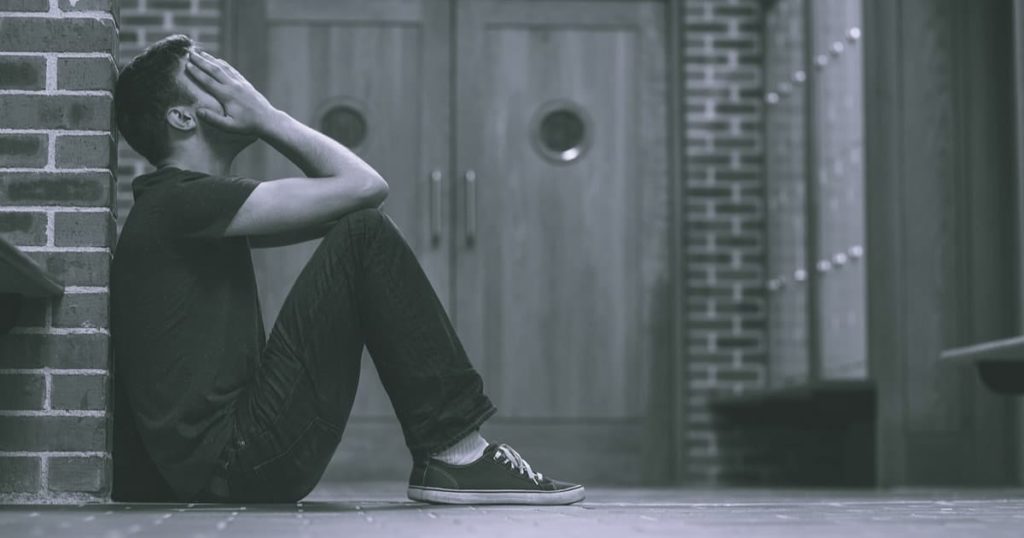Depression is one of the most common mental health disorders in the U.S. Many people affected by this condition can receive effective treatment in an outpatient setting. However, in certain situations, hospitalization or inpatient treatment provides a much greater benefit. Let’s look at some of the circumstances that make inpatient depression treatment more effective than outpatient solutions.
#1 You Are Severely Depressed and Don’t Have Enough Support
If you have severe depression, you may no longer be able to adequately take care of yourself, manage your daily affairs or successfully complete other essential tasks. For some people, a loved one, family member or friend can provide enough support to allow them to continue functioning while receiving outpatient treatment. However, if you lack these critical support resources or experience severe symptoms, an inpatient program can supply all needed assistance.
#2 You Have Other Significant Health Issues
Substantial numbers of people affected by depression also have at least one other serious condition that negatively impacts their health. In some cases, the issue is another mental illness such as trauma or an anxiety disorder. In other cases, the problem stems from a major physical condition. In either situation, an inpatient program may be essential to successfully address all of the health issues at the same time.
#3 Outpatient Treatment Hasn’t Worked
If you have mild, moderate or even severe depression symptoms, your doctor may begin treating you on an outpatient basis. However, for a wide variety of reasons, this treatment approach will not work for everyone. If you’re not getting better on your current outpatient plan, a shift to a comprehensive inpatient facility may provide you with the tools you need to see some real improvements.
#4 You Pose a Danger to Yourself or Other People
People dealing with the effects of depression can develop behaviors that pose a threat to their own safety or the safety of others. Hospitalization and inpatient depression treatment are typically a requirement in these circumstances. Only the level of monitoring and care provided by an inpatient program can minimize the chances that you or a loved one will get involved in a dangerous situation. Resources American Psychiatric Association: Treating Major Depressive Disorder – A Quick Reference Guide https://psychiatryonline.org/pb/assets/raw/sitewide/practice_guidelines/guidelines/mdd-guide.pdf National Institute for Health and Care Excellence: Depression in Adults – Recognition and Management https://www.nice.org.uk/guidance/cg90/chapter/1-guidance?unlid=13679468201599172539


